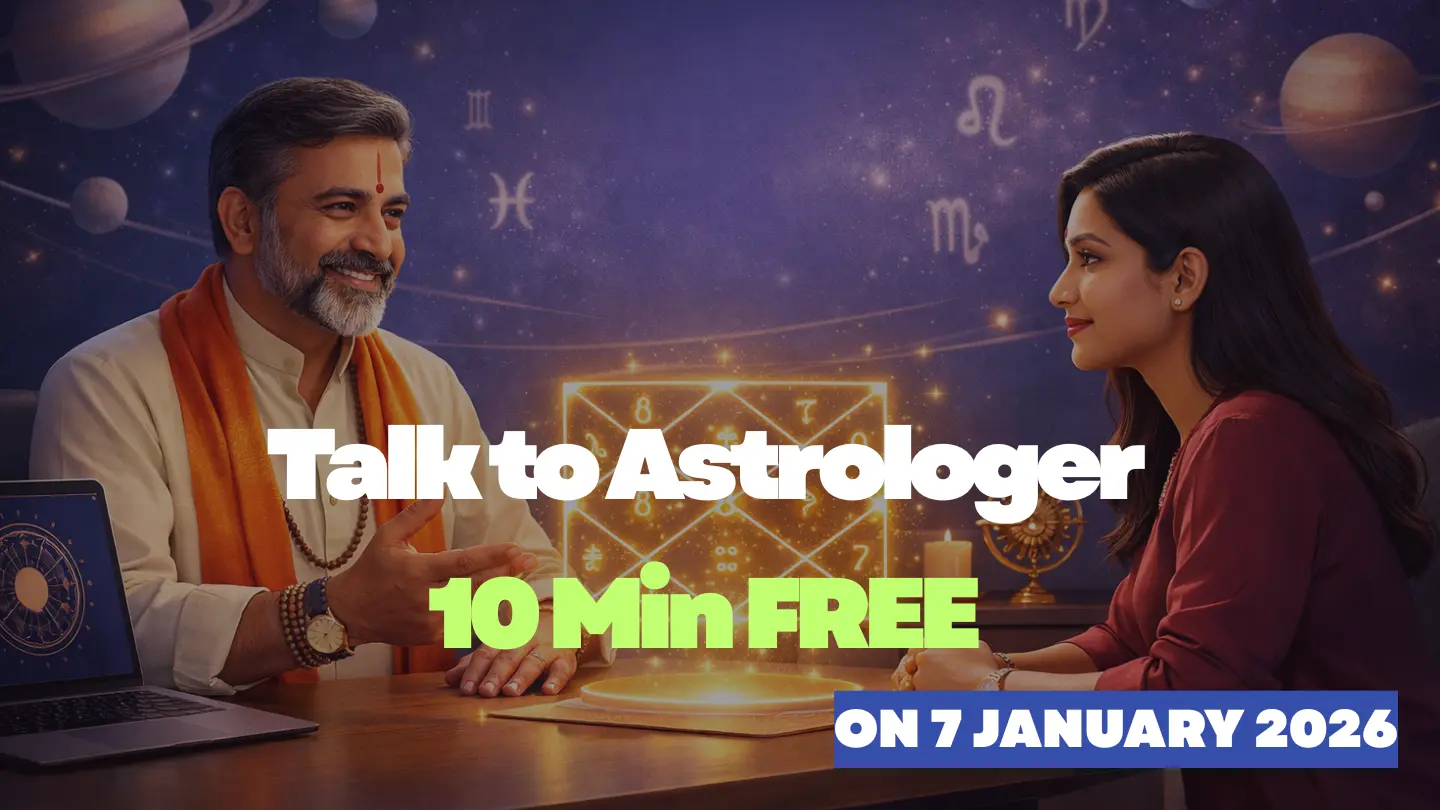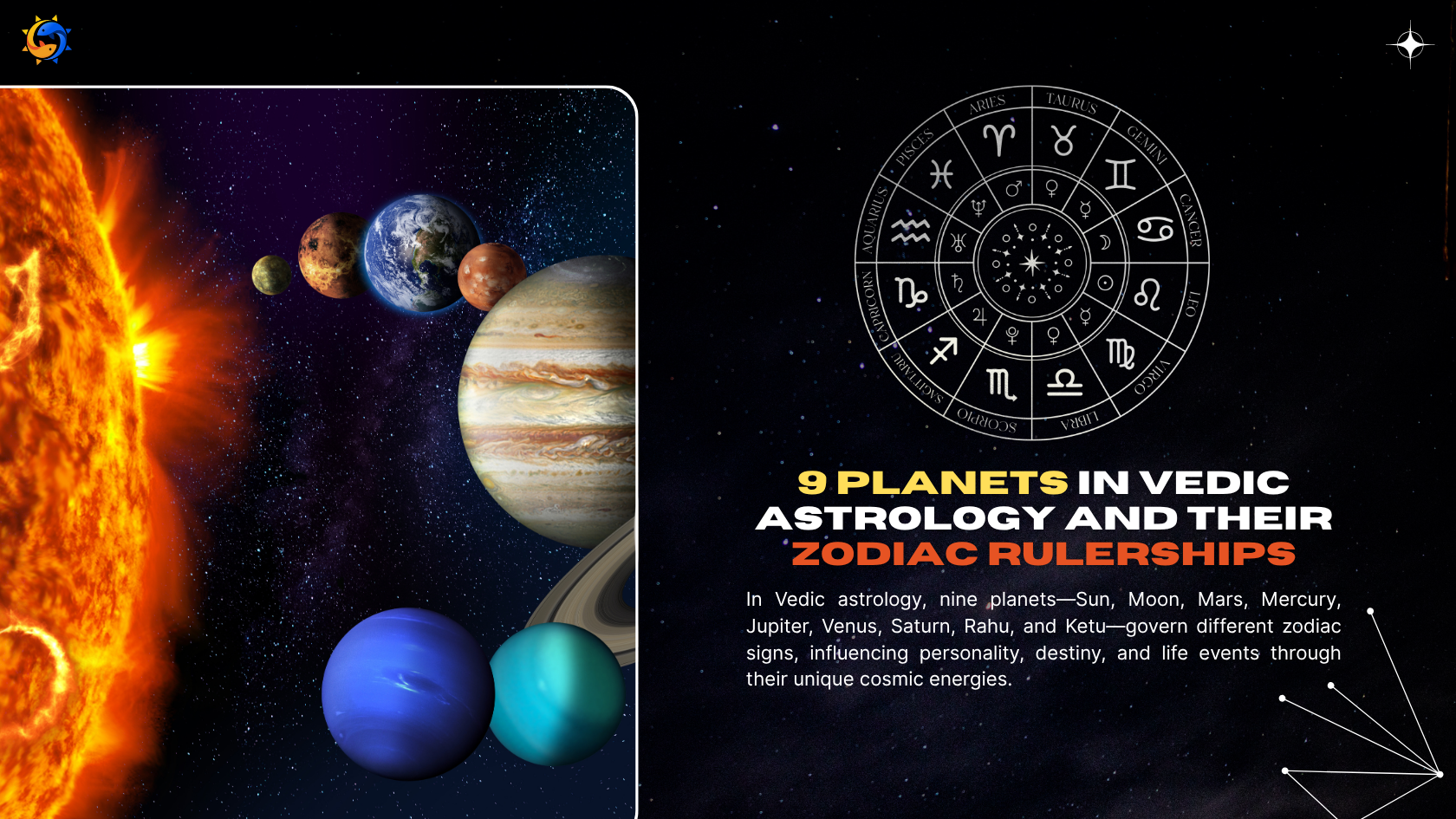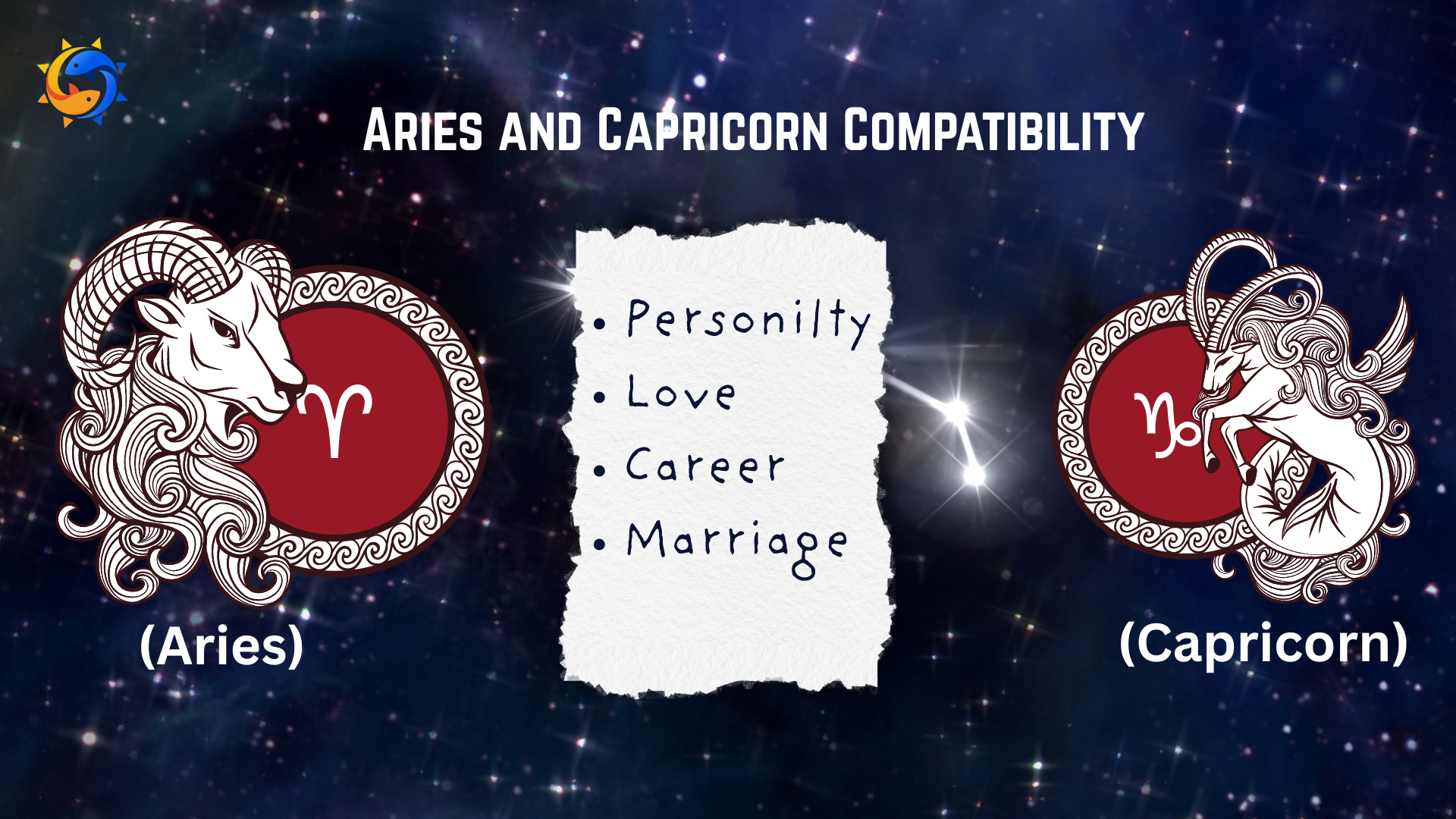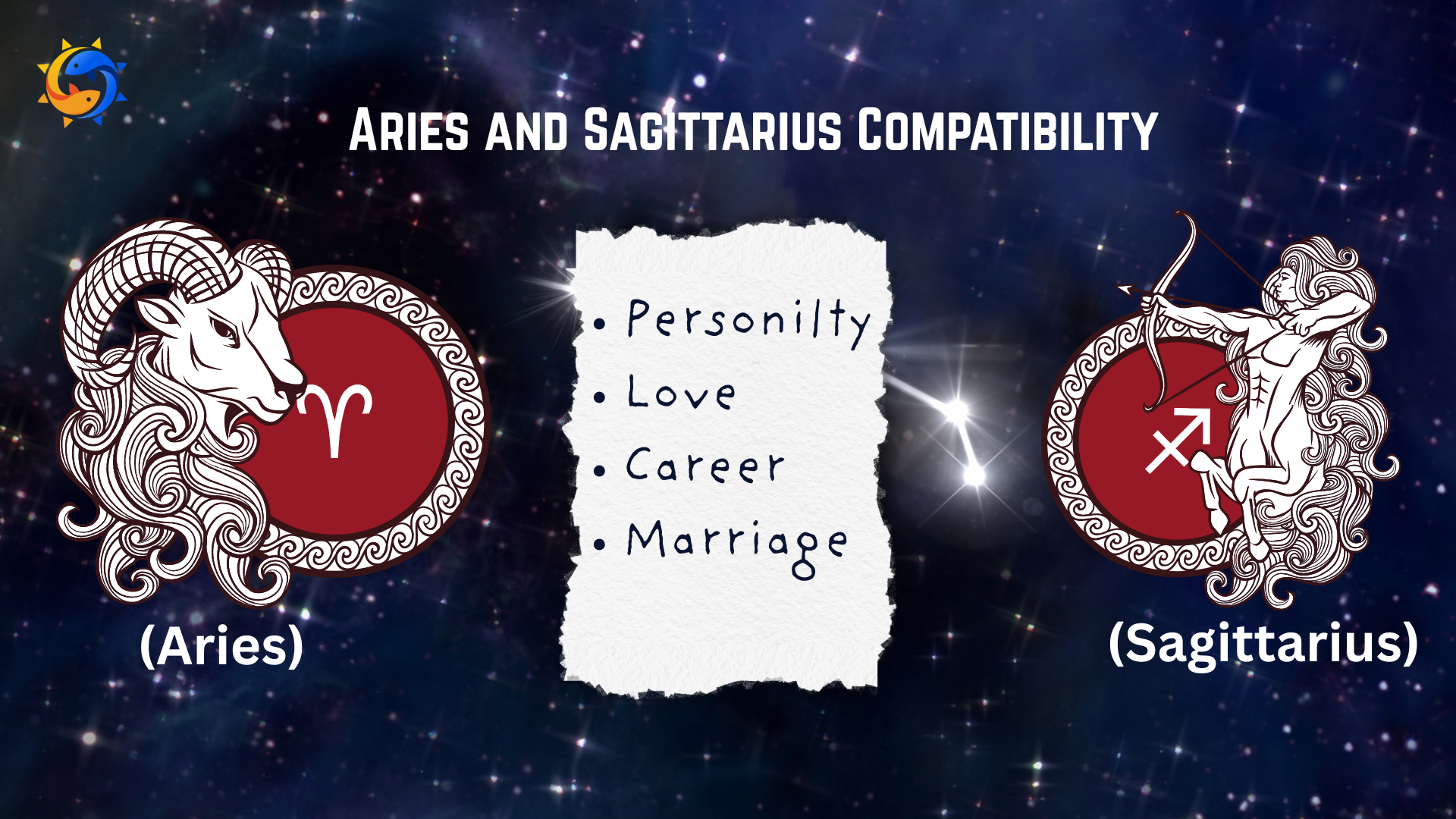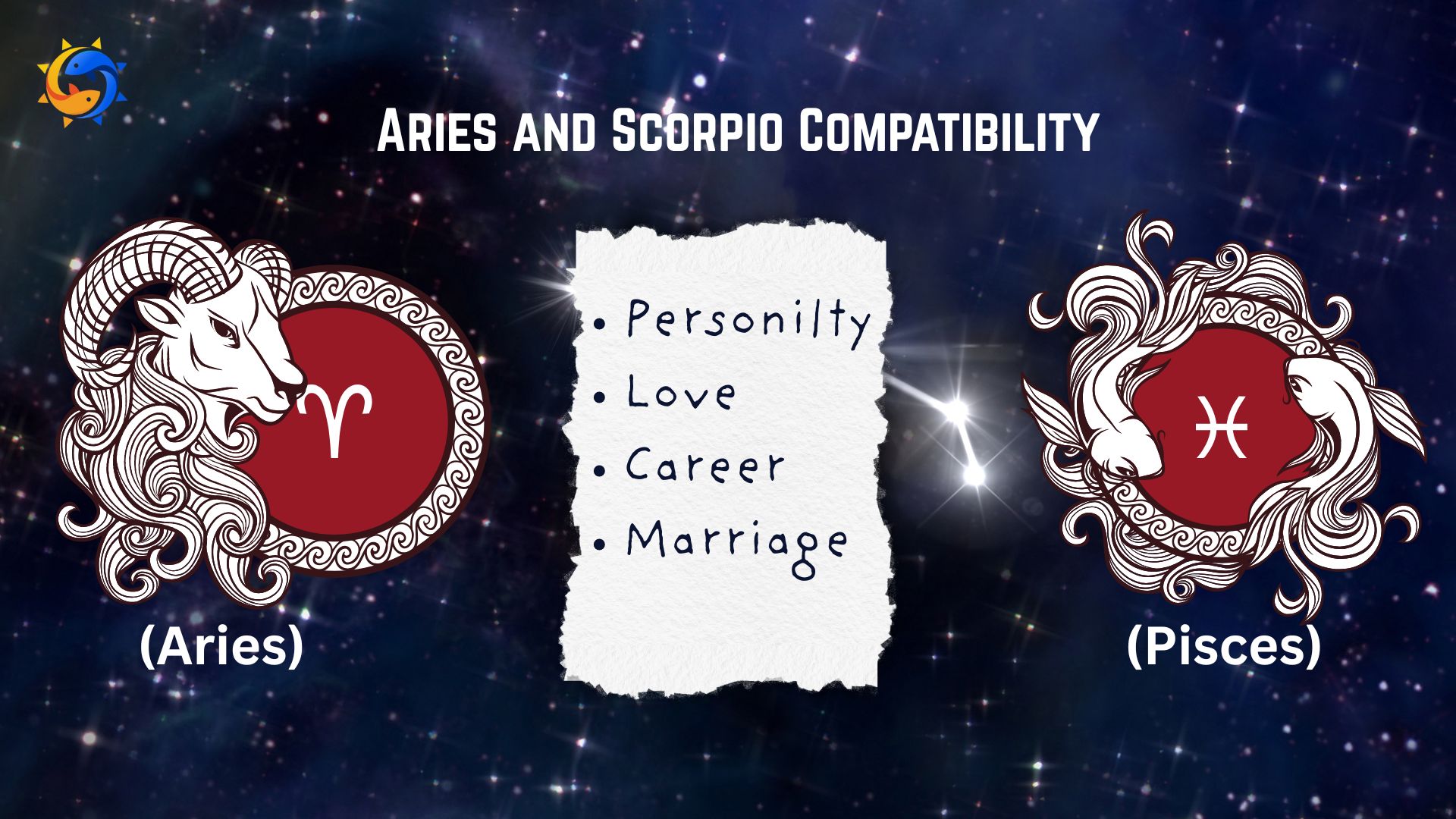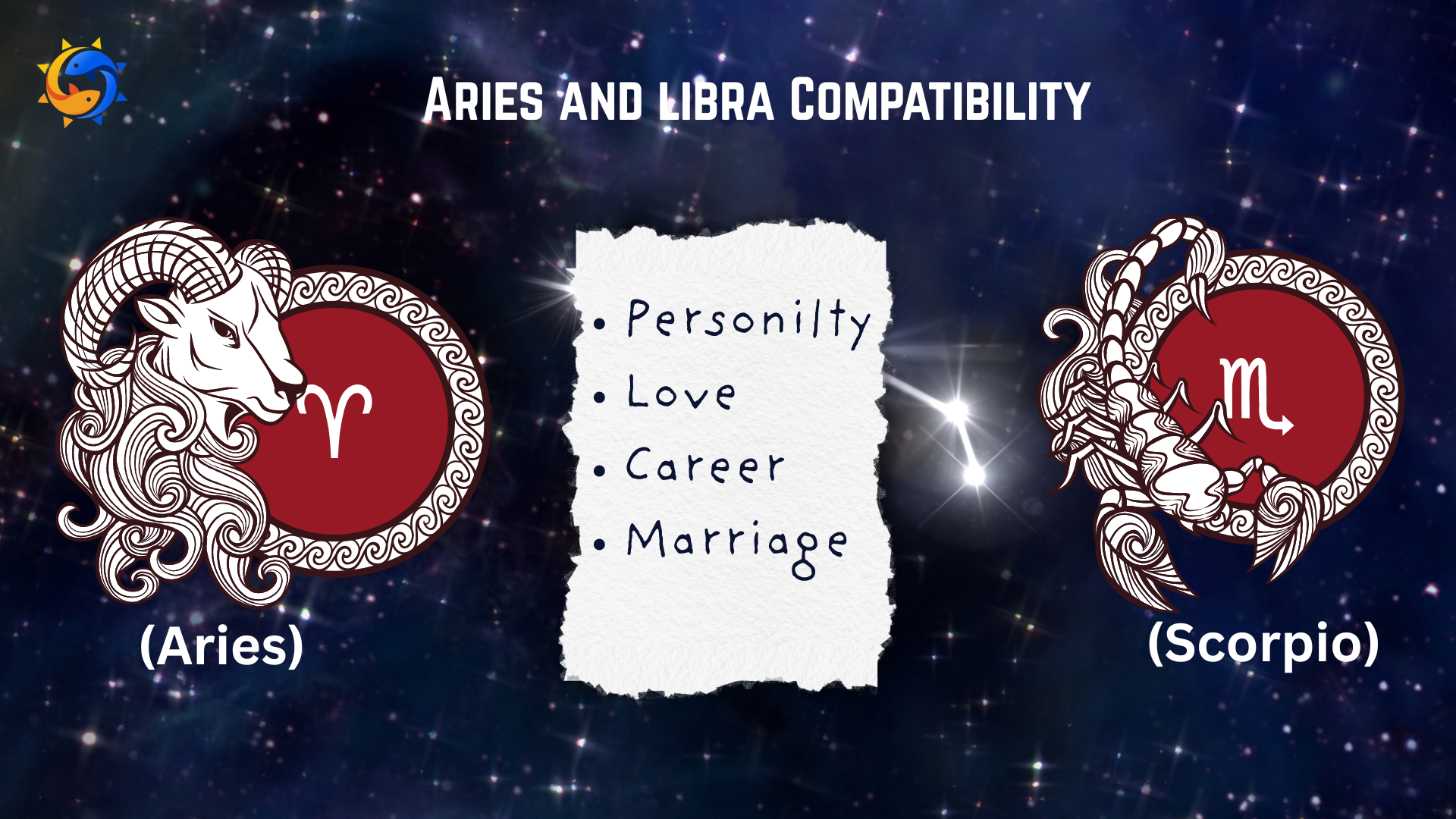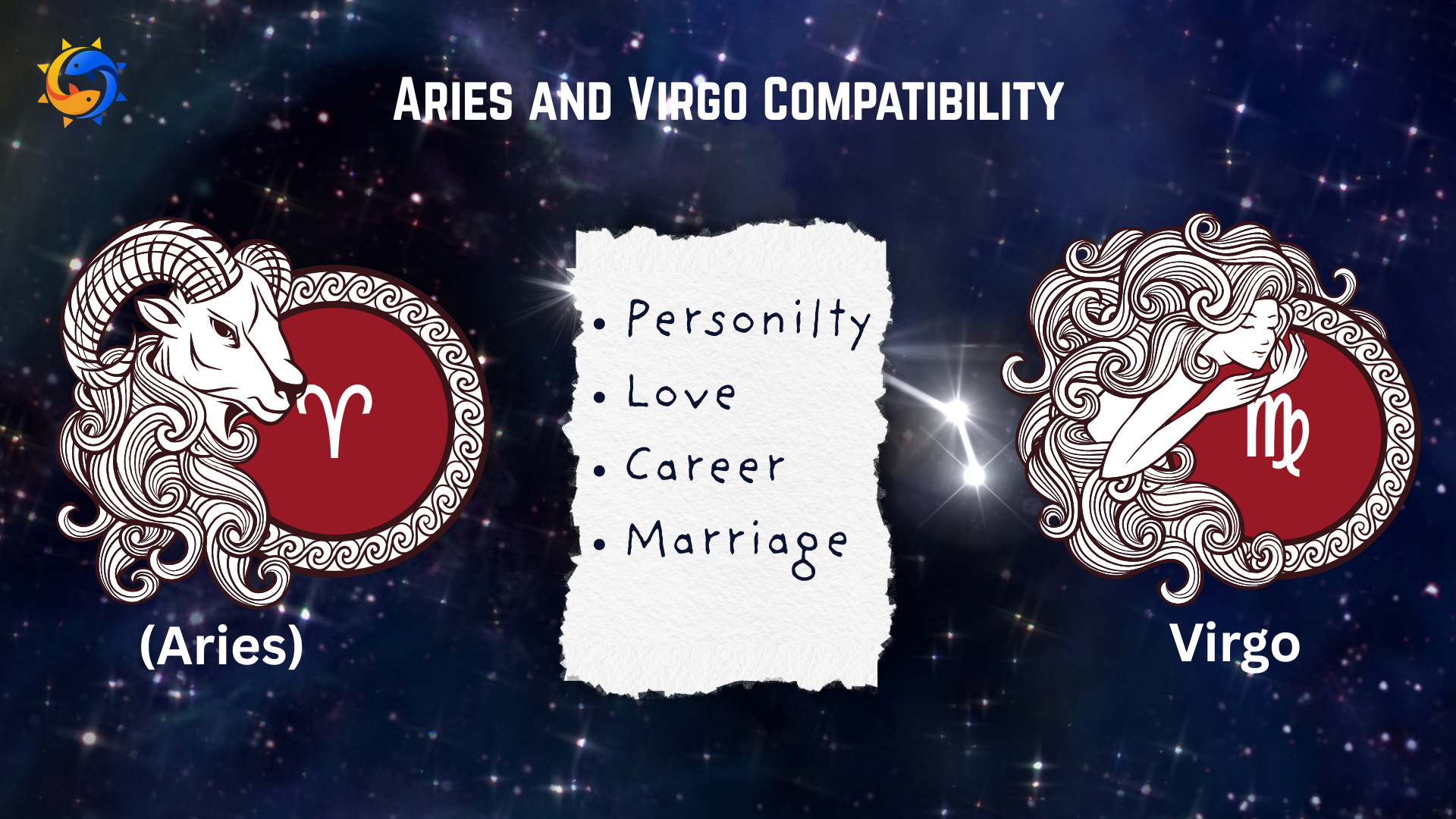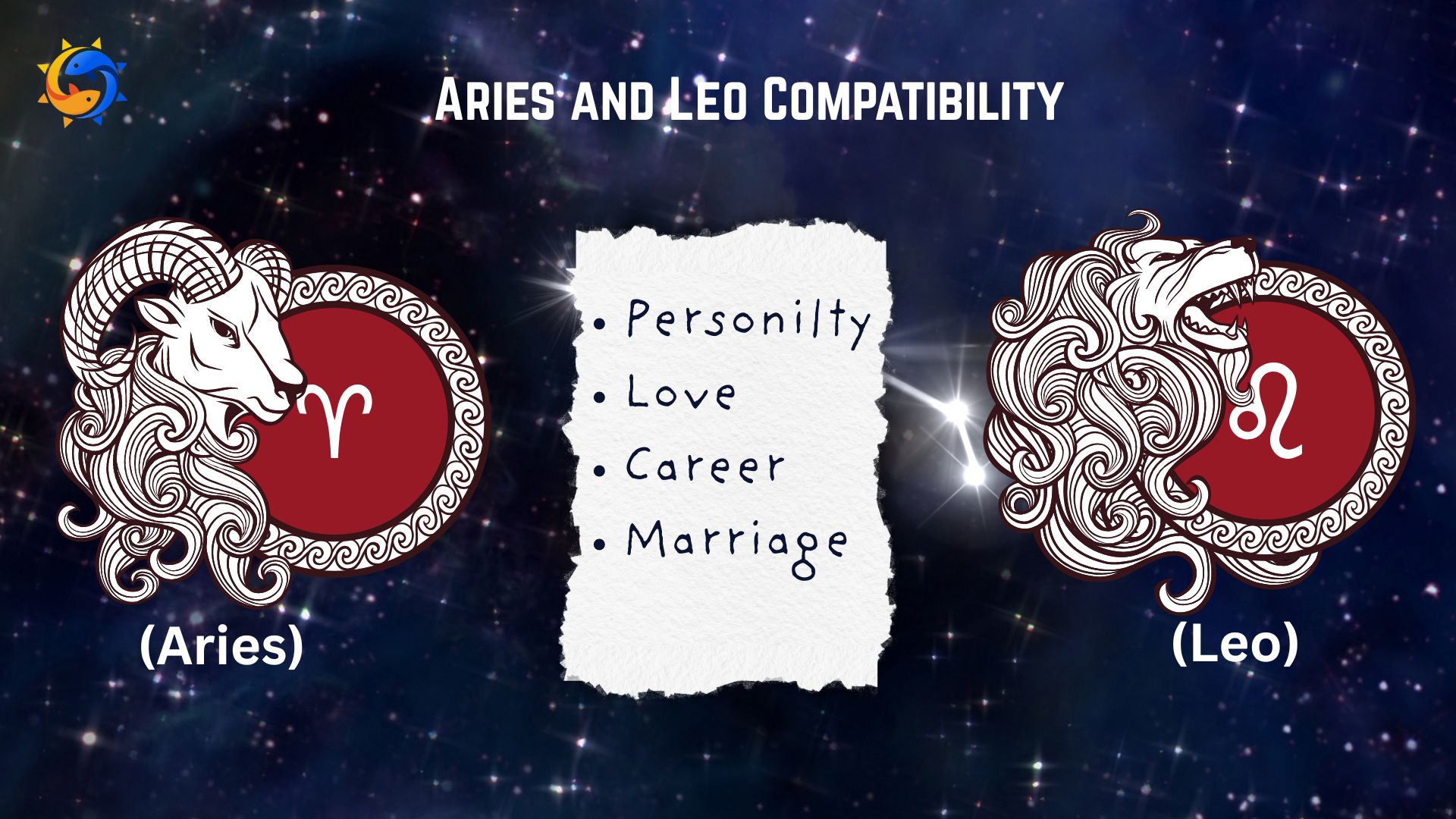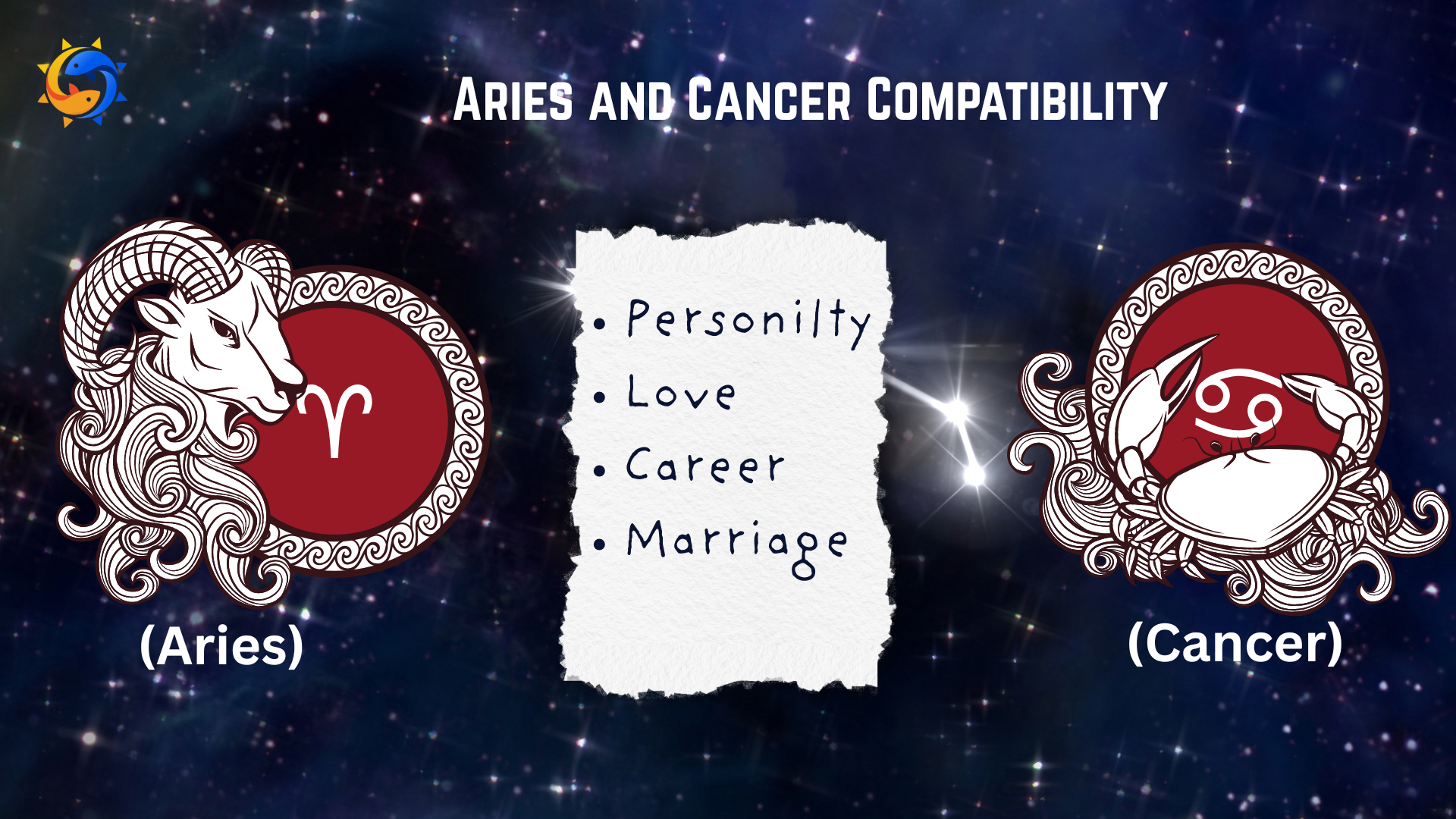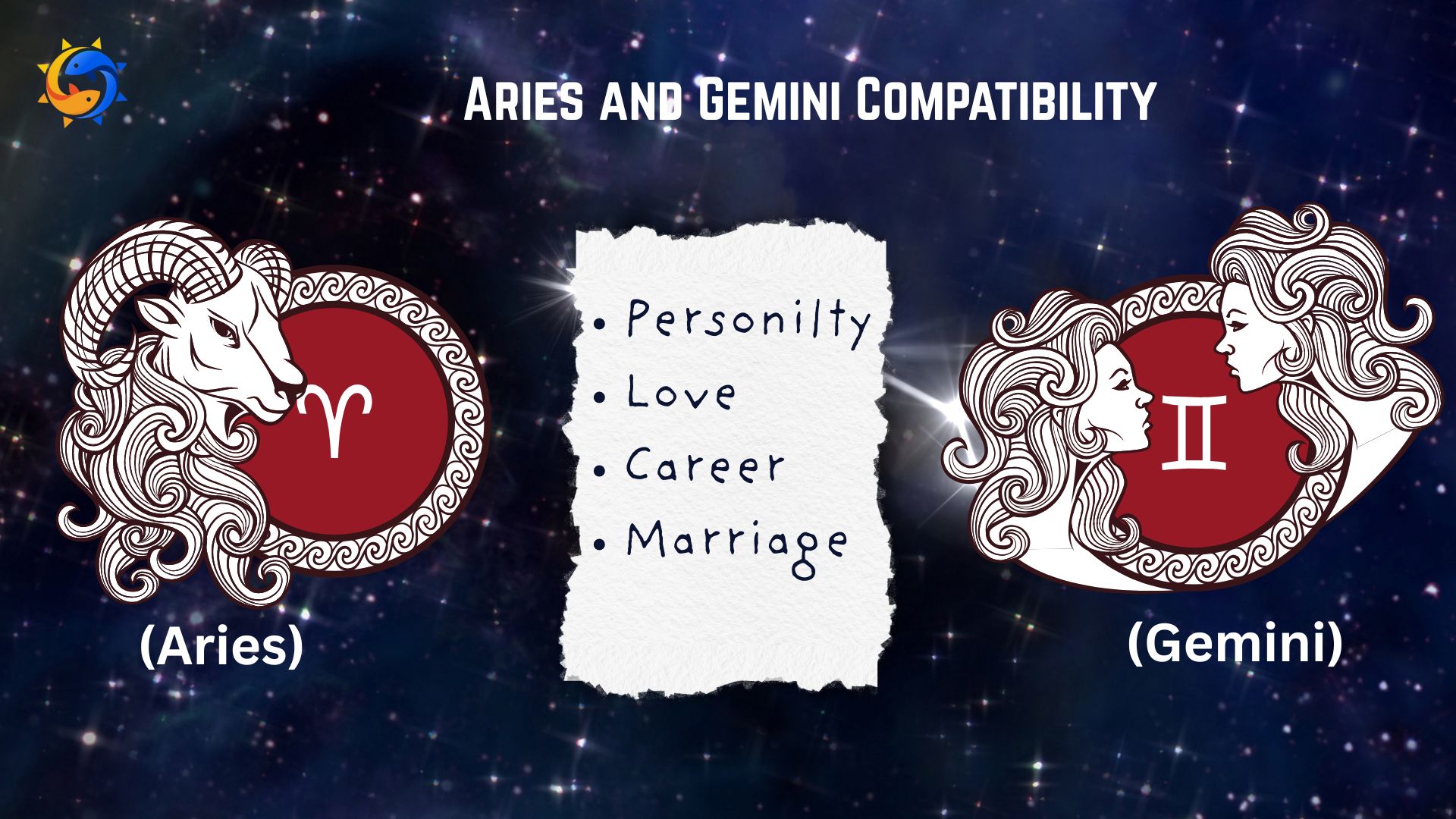India is a land of diverse cultures and traditions, where festivals are celebrated with great enthusiasm and fervor. The Indian festival calendar is a vibrant tapestry of religious, cultural, and national events that reflect the country's rich heritage.
The origins of the Indian festival calendar are deeply rooted in the country's ancient history, religious traditions, and cultural practices. This calendar is a unique blend of astronomical phenomena, agricultural cycles, and mythological events, reflecting India's rich and diverse heritage.
Historical Roots
The Indian festival calendar has its origins in the ancient Vedic period, around 1500-500 BCE. During this time, the Vedas, the oldest sacred texts of Hinduism, were composed. These texts laid the foundation for many of the religious practices and festivals observed today. The Rigveda, for instance, contains hymns dedicated to various deities and natural phenomena, many of which are celebrated in modern festivals.
Religious Significance
Hinduism, which forms the majority religion in India, has a profound influence on the festival calendar. Hindu festivals are primarily based on lunar and solar cycles. The Hindu lunar calendar, known as the Panchang, is used to determine the dates of many festivals. For example, the festival of Diwali, which marks the return of Lord Rama to Ayodhya after his victory over Ravana, is celebrated on the new moon day (Amavasya) of the Hindu month of Kartika.
Buddhism, Jainism, Sikhism, and Islam also contribute to the Indian festival calendar. Buddha Purnima, celebrating the birth, enlightenment, and death of Gautama Buddha, follows the lunar calendar. Jain festivals such as Mahavir Jayanti, the birth anniversary of Lord Mahavira, and Paryushana, a period of fasting and penance, are also significant. Sikhism's Guru Nanak Jayanti commemorates the birth of Guru Nanak, the founder of Sikhism. Islamic festivals like Eid al-Fitr and Eid al-Adha are based on the lunar Hijri calendar.
Agricultural Festivals
Agriculture plays a vital role in India’s economy and culture, and many festivals are closely linked to agricultural cycles. Makar Sankranti, Pongal, and Lohri are harvest festivals celebrated in January, marking the end of the winter solstice and the beginning of longer days. These festivals are occasions for farmers to thank the gods for a bountiful harvest.
Baisakhi, celebrated in April, marks the Punjabi New Year and the harvest of Rabi crops. Onam, celebrated in Kerala, is a ten-day festival marking the harvest and the homecoming of the mythical King Mahabali.
Astronomical Influence
The Indian festival calendar is also influenced by astronomical events. Festivals like Holi and Diwali are linked to specific lunar phases. Holi, the festival of colors, is celebrated on the full moon day (Purnima) in the month of Phalguna, while Diwali is celebrated on the new moon day in Kartika.
Solar events also play a significant role. Makar Sankranti, which celebrates the sun’s transition into the zodiac sign of Capricorn, is one of the few Hindu festivals based on the solar calendar.
Mythological and Cultural Festivals
Indian mythology is rich with stories that form the basis of many festivals. Dussehra, which marks the victory of Lord Rama over the demon king Ravana, and Navratri, a nine-night festival celebrating the goddess Durga’s triumph over evil, are rooted in ancient epics like the Ramayana and the Mahabharata.
Regional variations add to the diversity of the Indian festival calendar. For instance, Durga Puja in West Bengal, Ganesh Chaturthi in Maharashtra, and Karva Chauth in North India reflect local traditions and customs.
Conclusion
The Indian festival calendar is a complex and vibrant tapestry that reflects the country’s historical depth, religious diversity, agricultural heritage, and astronomical knowledge. It is a living document that continues to evolve, celebrating the essence of Indian culture and unity in diversity.
January 2025
Date | Day | Festival / Holiday |
January 1 | Wednesday | New Year’s Day (English New Year) |
January 6 | Monday | Guru Gobind Singh Jayanti |
January 10 | Friday | Tailang Swami Jayanti |
January 12 | Sunday | Swami Vivekananda Jayanti / National Youth Day |
January 13 | Monday | Hazarat Ali’s Birthday; **Lohri |
January 14 | Tuesday | Makar Sankranti / Uttarayan**, **Pongal |
January 21 | Tuesday | Vivekananda Jayanti (Samvat) |
January 23 | Thursday | Subhas Chandra Bose Jayanti (Netaji Jayanti / Parakram Diwas) |
January 26 | Sunday | Republic Day |
January 30 | Thursday | Gandhi Punyatithi |
February 2025
Date | Day | Festival / Holiday |
February 2 | Sunday | Vasant Panchami / Saraswati Puja |
February 26 | Wednesday | Maha Shivaratri |
March 2025
Date | Day | Festival / Holiday |
March 13 | Thursday | Holika Dahan |
March 14 | Friday | Holi (Dolyatra) |
April 2025
Date | Day | Festival / Holiday |
April 6 | Sunday | Ram Navami |
April 10 | Thursday | Mahavir Jayanti |
April 14 | Monday | Baisakhi / Ambedkar Jayanti / Solar New Year |
April 18 | Friday | Good Friday |
June 2025
Date | Day | Festival / Holiday |
June 27 | Friday | Jagannath Rath Yatra |
August 2025
Date | Day | Festival / Holiday | |
August 9 | Saturday | Raksha Bandhan | |
August 16 | Saturday | Janmashtami | |
August 27 | Wednesday | Ganesh Chaturthi |
October 2025
Date | Day | Festival / Holiday |
October 1 | Wednesday | Durga Maha Navami Puja (start of Sharad Navaratri) |
October 2 | Thursday | Dussehra (Vijayadashami) & Gandhi Jayanti |
October 10 | Friday | Karva Chauth |
October 18 | Saturday | Dhanteras |
October 20 | Monday | Narak Chaturdashi |
October 21 | Tuesday | Diwali (Deepavali) |
October 22 | Wednesday | Govardhan Puja |
October 23 | Thursday | Bhai Dooj |
October 28 | Tuesday | Chhath Puja |
November 2025
Date | Day | Festival / Holiday |
November 14 | Friday | Children's Day |
December 2025
Date | Day | Festival / Holiday |
December 25 | Thursday | Christmas (Merry Christmas) |




